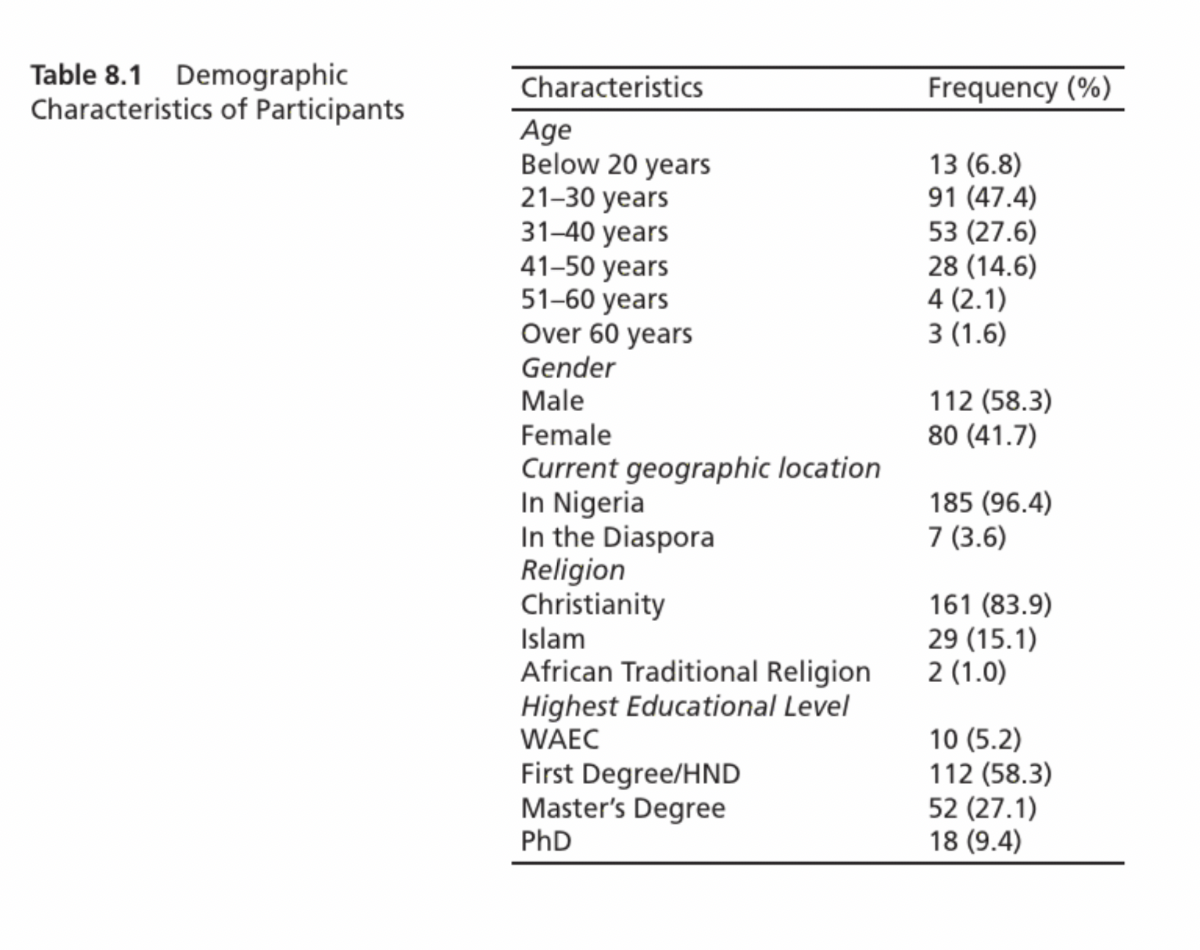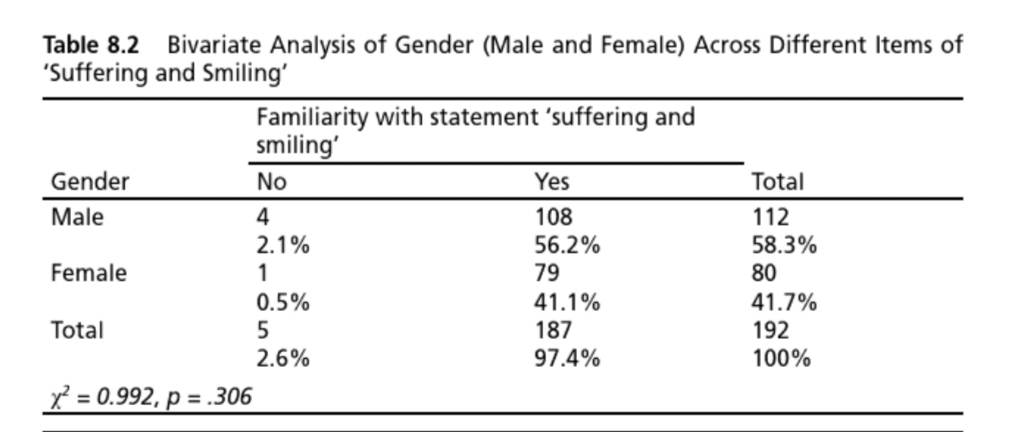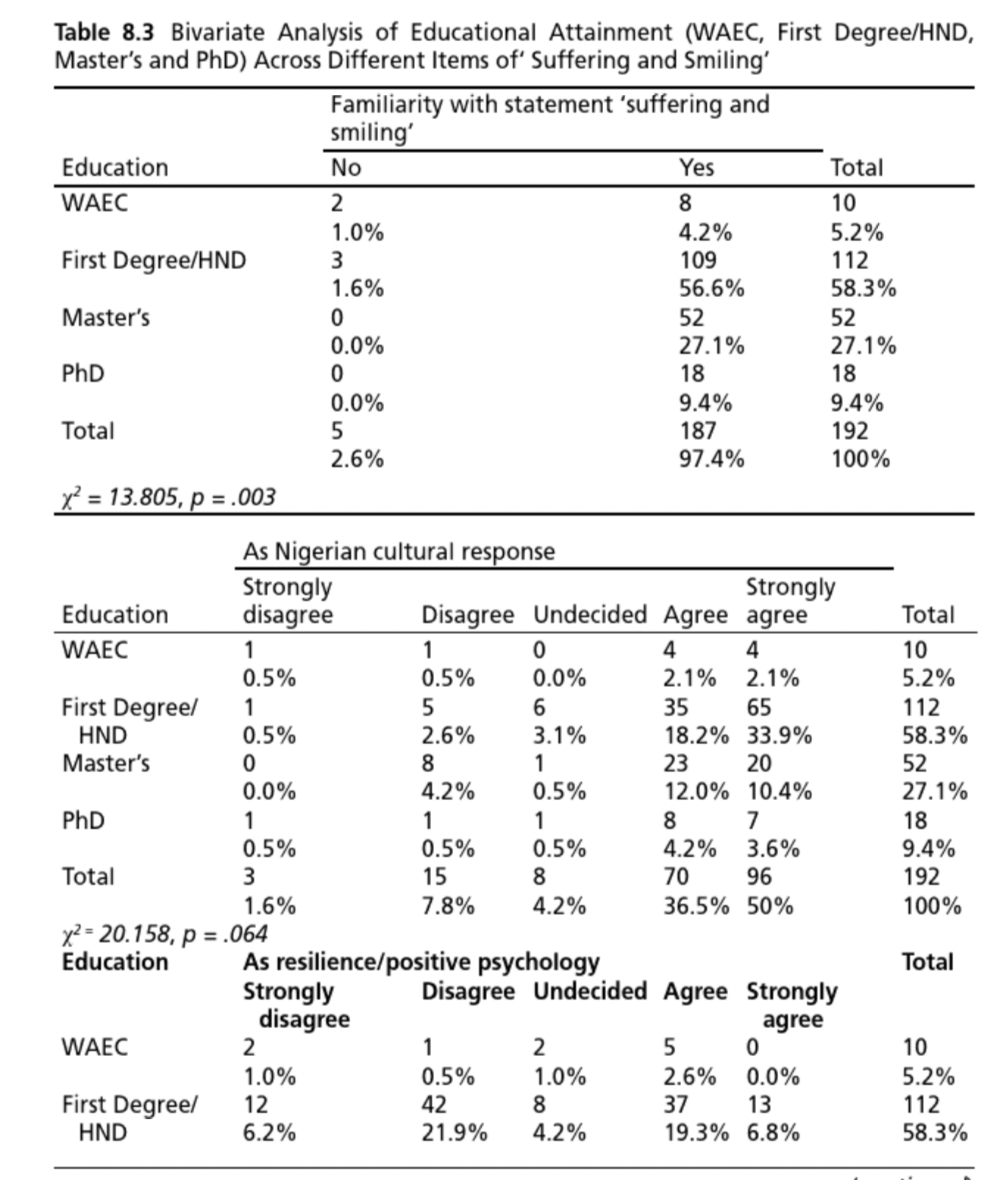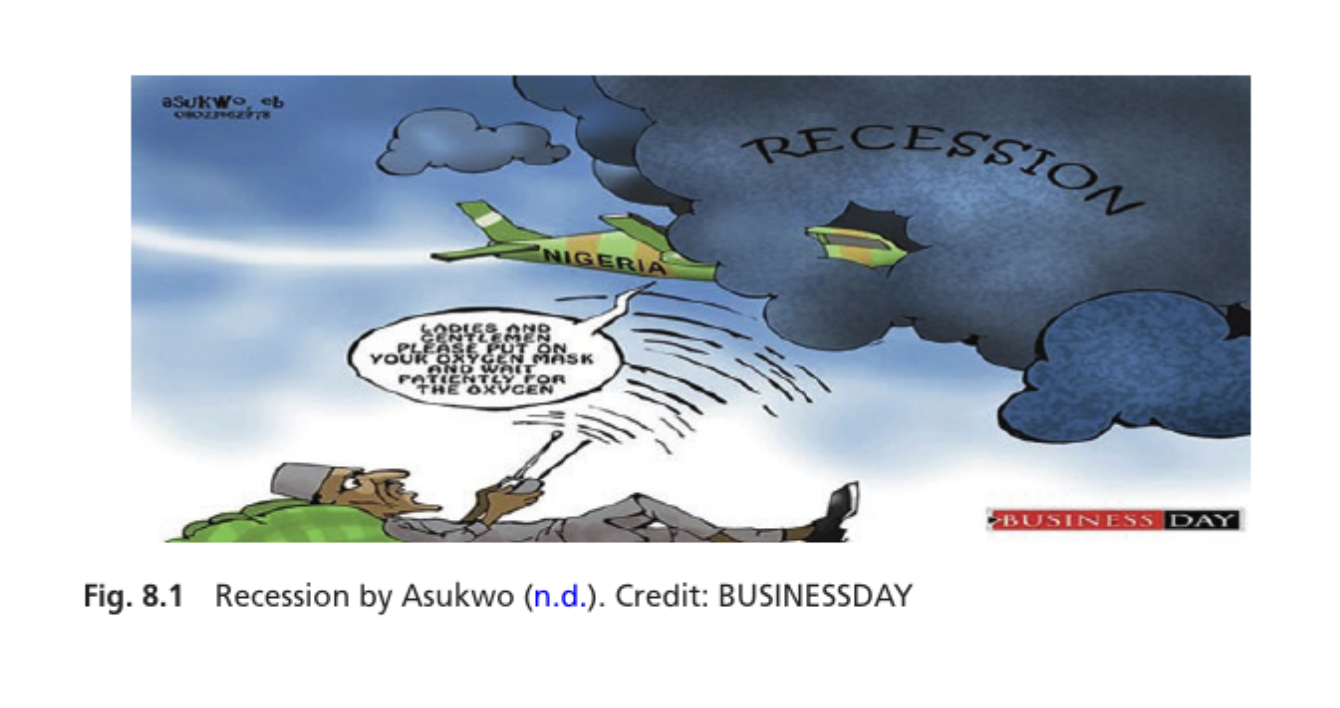As I dey say beforeE dey happen to all of us every dayWe Africans all over the worldNow listenSuffering and smiling!Fela -Shmiling and Shuffering
Living in Europe there are many resources that can be utilised when it comes do dealing with stress. Europeans have access to a plethora of governmental and non-gorvenmental resources to assist with coping with stress and there is no stigma when it comes to asking for help. However, this is not the case in Nigeria, a country where there are great stressors that affect everyday Nigerian on a daily basis. Instead Nigerians have come to rely on humour to cope with the stressors they encounter.
In Nigeria, there exists an expression for this phenomenon of laughing at one’s troubles, while at the same time enduring the burden of the difficulties, namely, suffering and smiling (O. Inya and B. Inya)
The researchers utilised a mixed methods study in order examine and show that Nigerians in the face of much adversity still maintain a positive disposition while experiencing, "both personal and socio-political ills." (O.Inya and B. Inya)
The Research Methods
The researchers used a mixed method approach which included quantitative and qualitative approaches. They used descriptive statistics and bivariate analyses in their quantitative method and conducted thematic analysis on participants responses for their qualitative approach. The survey was taken by 192 Nigerians who were in the country as well as the diaspora
. 
Their Bivariate Analyses showed that gender was not a factor when it comes to familiarity with the term "suffering and smiling"

On the other hand, comparing educational levels with familiarity to the term, 'suffering and smiling' the data reflected a correlation with higher educated participants being significantly more familiar with the statement and its use as resilience.

The qualitative analysis of the data was dependent on participants self reporting their emotional reactions to satirical political cartoons, that focused on the economic recession Nigeria faced in 2015 and 2017.

In the end, from the 192 self-reported emotional reactions, eight categories of emotions emerged, namely anger (22.9%), implied emotional responses (22.9%), amusement (12.5%), disappointment/discouragement/ hopelessness (8.85%), fear and anxiety (8.85%), indifference (11%), mixed feelings (1.0%) and confusion (1.0%).
So, what is the conclusion?
Through the use of their mixed methods the researchers were indeed able to prove and showcase that Nigerians do indeed have a resilient attitude towards "unfavourable situations" and utilised a smile and suffer way of coping with these situations. Through their study of political cartoons the researchers were able to show that Nigerians feel these accurately depict general feelings towards the economic pitfalls of the time. Through their qualitative analysis of data, they were able to find that while gender doesn't have a factor into the phenomenon of smiling and suffering, education and religion did. These mixed methods optimised by the researchers provide a clearer understanding of the data collected and examined.
Source:Inya, Onwu, et al. “Interrogating the Phenomenon of Suffering and Smiling by Nigerians: A Mixed Methods Study.” The Palgrave Handbook of Humour Research, Springer International Publishing AG, 2021, pp. 149–170.


